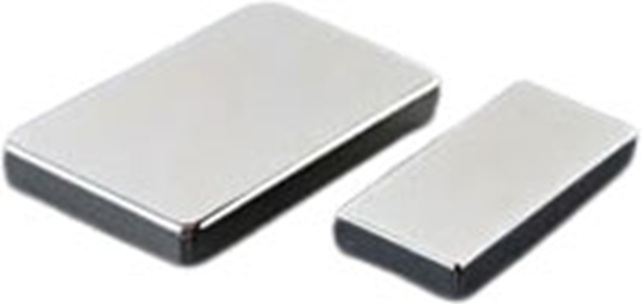
Rectangular magnets are among the most commonly used magnet shapes in industrial and commercial settings. Their unique combination of surface area, directional strength, and flexibility makes them essential for applications ranging from machinery to electronics. Whether you’re working with thin rectangular magnets or large rectangular magnets, their benefits are hard to overlook especially when performance, space, and cost-effectiveness are priorities.
Efficient Design for Industrial Use
The flat and elongated design of rectangular magnets allows them to fit into spaces where other shapes simply wouldn’t work. Thin rectangular magnets are particularly well-suited for compact components in electronics and sensors, where precision and minimal space usage are critical. Because of their uniform shape, they can be easily aligned, mounted flush against surfaces, or inserted into grooves—making them ideal for embedded systems or streamlined assemblies.
In contrast, large rectangular magnets offer a broader contact area and are often used in magnetic holders, clamps, lifting systems, and conveyors. Their expansive magnetic field is perfect for securing or manipulating metal parts, making them a common choice in manufacturing and assembly operations.
Wide-Ranging Applications Across Industries
From automotive to robotics, packaging, aerospace, and signage, rectangular magnets serve a variety of essential roles. In robotics, for example, thin rectangular magnets are embedded in motor assemblies and control systems to improve motion accuracy and responsiveness. In the packaging industry, rectangular magnets are used in automated folding and sealing machines to maintain alignment and speed up operations.
In retail and display setups, they can be hidden behind signage to allow easy repositioning on ferrous surfaces. They also support magnetic closures and modular attachments in tools, cases, and industrial equipment.
Superior Magnetic Properties
When manufactured using powerful materials like neodymium (NdFeB), rectangular magnets can produce exceptionally strong magnetic fields. Their shape allows them to direct the magnetic force efficiently in one direction, which is ideal for applications requiring focused magnetic strength—such as locks, sensors, and lifting systems.
You can learn more about the physical and magnetic properties of magnets.
Customizable and Economical
Rectangular magnets are also highly customizable. They can be manufactured in specific dimensions to meet application requirements, and they are available in different grades and materials such as ferrite, samarium cobalt, and neodymium, which offer varying levels of strength, heat resistance, and durability.
Thin rectangular magnets are often customized for circuit boards or slim devices, while large rectangular magnets are shaped for equipment mounting or heavy-duty holding. Their versatility allows engineers to adapt them to unique industrial challenges without compromising efficiency or cost.
Conclusion
In industrial applications where strength, precision, and space are vital, rectangular magnets stand out as a smart solution. Whether you’re working with slim electronics or heavy-duty machinery, thin rectangular magnets and large rectangular magnets offer the performance and flexibility needed to keep operations running smoothly. As industries evolve and technology becomes more compact and powerful, these magnets will continue to play a vital role in innovation.
